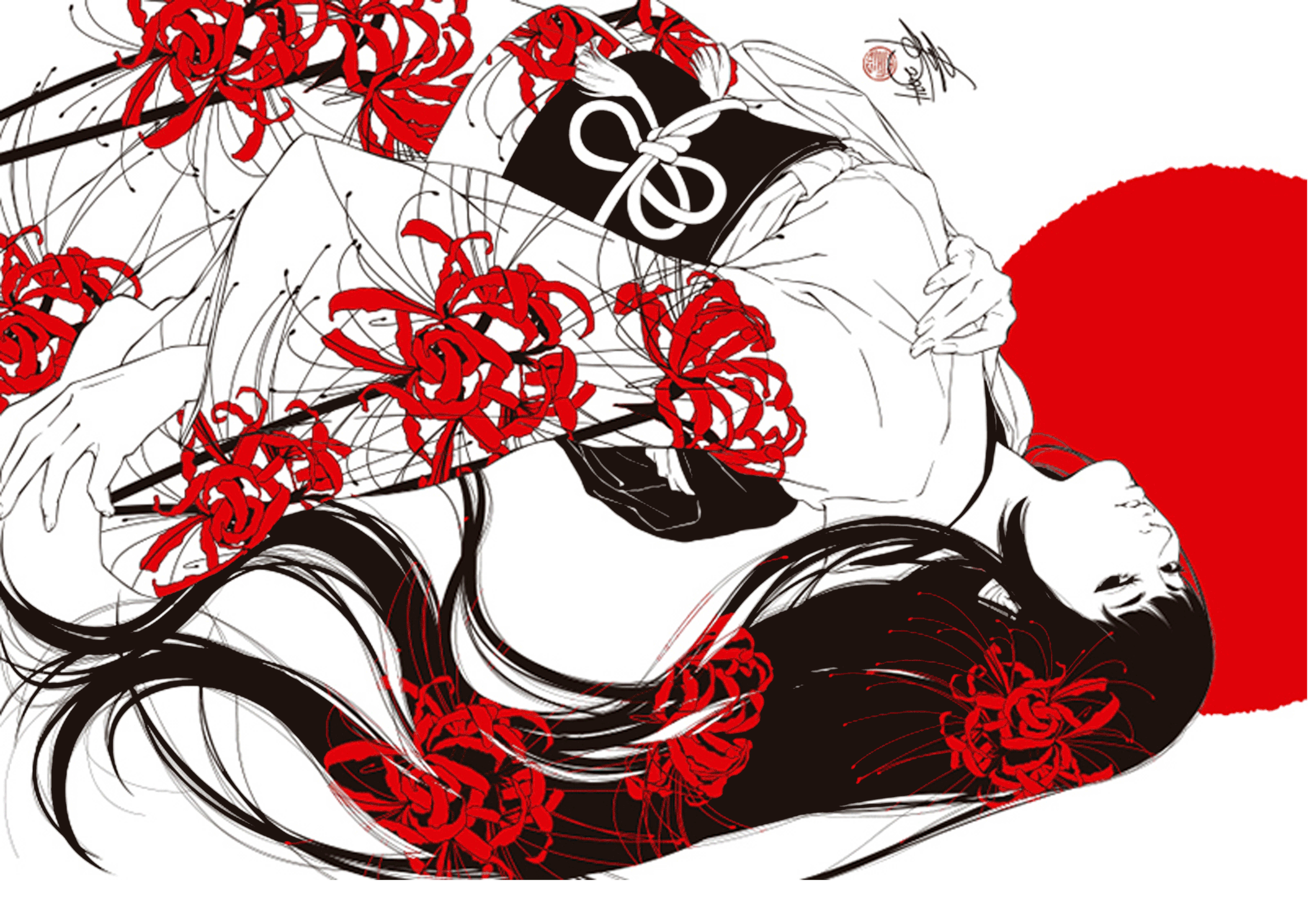Over ten years you had been in Japan. You had come a long way with your career, with the language and culture, too. But when it came to matters of love, you were back at square one.
I was indeed.
And then Akané called you up.
“Sensei?” says the familiar nasal voice.
“Hello?”
“This is Akané, Sensei.”
How she ever got my cellphone number, I do not know. And why on earth is she calling me Sensei?[1]
“Akané?”
“Don’t tell me you’ve forgotten all about me already,” she says, laughing.
“Akané, do you seriously think that could ever be possible?”
“Oh my, Sensei!”
The reason Akané was calling you was that . . .
She needed a chaperone, a chaperone without the “air quotes”, thank you. Apparently, an American friend of hers had asked her to come to a party where some new kind of business opportunity was going to be unveiled. The whole thing sounded rather dodgy to her, as it did to me. The word she used to describe it all was one I hadn’t heard before: usankusai.[2]
“I would really appreciate it if you could come with me, Sensei.”
“Sure, why not?”
I agreed. I mean, what else could I have said? I still felt like an arse for what I had done to her four years earlier.
Were you still interested in her?
No.
Not at all?
There were no ulterior motives for my seeing Akané, if that’s what you’re getting at.
And yet?
Things happen.
[1]Sensei (先生), from the Japanese from sen (先)‘previous’+ sei (生)‘birth’, is an honorific term commonly used for teachers, professors, instructors, physicians, lawyers, and writers, etc.
[2]Usankusai (胡散臭い, lit. “suspicious-smelling”) is a less common way to say ayashii (怪しい) and means “shady, fishy, dubious, suspicious”.
The first installment/chapter of A Woman's Hand can be found here.
A Woman's Hand and other works are available in e-book form and paperback at Amazon.
